Discover The Successful Screenwriter with Geoffrey D Calhoun: Screenwriting Podcast
The Successful Screenwriter with Geoffrey D Calhoun: Screenwriting Podcast

 The Successful Screenwriter with Geoffrey D Calhoun: Screenwriting Podcast
The Successful Screenwriter with Geoffrey D Calhoun: Screenwriting Podcast
Author: Geoffrey D Calhoun
Subscribed: 47Played: 1,687Subscribe
Share
© Copyright IFH Podcast Network
Description
Welcome to The Successful Screenwriter Podcast your go-to source for in-depth discussions, expert insights, and captivating interviews in the world of screenwriting. Hosted by seasoned screenwriter Geoffrey D. Calhoun, this podcast is a valuable resource for both novice and experienced screenwriters, offering a wealth of insights and guidance.
About the Podcast:
Dive deep into the art and craft of screenwriting with our engaging episodes that cover a spectrum of topics – from mastering the screenplay format to navigating the ever-evolving landscape of the film industry. Each episode is designed to inspire, educate, and entertain, providing valuable takeaways for writers at every stage of their journey.
Host:
Geoffrey D. Calhoun is a screenwriting instructor and best selling author with a passion for storytelling. With a proven track record in the film industry, Geoffrey has not only honed his craft as a successful screenwriter but also shares his wealth of knowledge as an instructor. His unique journey in the world of screenwriting has equipped him with a unique perspective, making him an essential guide for screenwriters of all levels.
Key Features:
Proud Member of the IFH Podcast Network (www.ifhpodcastnetwork.com)
About the Podcast:
Dive deep into the art and craft of screenwriting with our engaging episodes that cover a spectrum of topics – from mastering the screenplay format to navigating the ever-evolving landscape of the film industry. Each episode is designed to inspire, educate, and entertain, providing valuable takeaways for writers at every stage of their journey.
Host:
Geoffrey D. Calhoun is a screenwriting instructor and best selling author with a passion for storytelling. With a proven track record in the film industry, Geoffrey has not only honed his craft as a successful screenwriter but also shares his wealth of knowledge as an instructor. His unique journey in the world of screenwriting has equipped him with a unique perspective, making him an essential guide for screenwriters of all levels.
Key Features:
- Expert Interviews: Gain insights from renowned screenwriters, filmmakers, and industry professionals who share their experiences, tips, and behind-the-scenes stories.
- Screenwriting Tips: Unlock the secrets of successful screenwriting with actionable tips, tricks, and techniques discussed in every episode.
- Film Analysis: Explore in-depth film analyses, breaking down the storytelling techniques that make movies memorable and impactful.
- Exclusive Industry Insights: Access exclusive industry secrets and stay updated on the latest trends. Get insider knowledge to navigate the world of screenwriting with confidence.
- Subscribe to the podcast on Spreaker for regular updates.
- Engage with us on Instagram @screenwriterpod for the latest news, discussions, and community interactions.
- Visit our official website thesuccessfulscreenwriter.com for additional resources such as: Screenwriting Gigs, Screenplay Library, Seminars and other exclusive content.
Proud Member of the IFH Podcast Network (www.ifhpodcastnetwork.com)
232 Episodes
Reverse
Hosted by: Geoffrey D. Calhoun, known for his dedication to educating and uplifting writers through The Successful Screenwriter Podcast. Geoffrey, has been deeply influenced by foundational texts in screenwriting and aims to honor the legacy of screenwriting legends through his work.Guest: Viki King, author of "How to Write a Movie in 21 Days," which is heralded as a cornerstone in screenwriting literature. Viki, the "mother of content" in screenwriting circles, brings an intuitive and heart-centered approach to storytelling, shaping the narratives of countless writers over her illustrious career.Episode Overview:In this episode, Geoffrey and Viki engage in a deep dive into the core of screenwriting, discussing the spiritual journey of storytelling, the impact of seminal screenwriting texts, and the process of turning a spark of an idea into a compelling screenplay. This conversation offers invaluable insights into creating stories that resonate on a personal and universal level.Key Moments:Geoffrey Calhoun expresses his admiration for Viki King's work and its foundational impact on his screenwriting career.Viki King reflects on the early days of screenwriting education and her collaboration with Syd Field, emphasizing the complementary nature of their contributions to the craft.Viki praises Geoffrey's book for demystifying screenwriting, highlighting its practicality and the importance of format in storytelling.Geoffrey shares his personal journey with screenwriting, marked by dyslexia and the profound influence of Viki's book.Viki discusses the genesis of her book "How to Write a Movie in 21 Days" and the importance of staying true to one's heart in the creative process.The conversation turns to the evolving nature of screenwriting and the need for originality in an industry saturated with sequels and remakes.Geoffrey and Viki explore the concept of the "inner movie method," a personal journey of discovery through screenwriting.Notable Quotes:"The deal is we all come in and we all have a piece of the puzzle. And it's our business to put the piece of the puzzle in the big picture. Otherwise, there's a hole in the picture. But we don't have to know who's looking at the picture. That's not part of the business. It takes everything you've got just to put your piece in." - Viki King"I view what I do as part of my own personal growth. And to see someone like yourself who was a trailblazer kind of evolve through this industry is absolutely, inspirational." - Geoffrey CalhounClosing Thoughts:This episode not only sheds light on the mechanics of screenwriting but also delves into the soulful aspects of the craft, encouraging writers to explore and express their deepest truths through storytelling. Viki King's perspective on writing as a journey of personal discovery and Geoffrey Calhoun's dedication to empowering screenwriters make for a compelling and profoundly inspirational discussion.Connect with Us:Listen to more episodes: The Successful Screenwriter PodcastFollow Geoffrey D. Calhoun on Instagramr: @ScreenwriterpodDiscover Viki King's work: How to Write a Movie in 21 Days
Host: Geoffrey D. CalhounGuest: Brock Heasley, Writer and Director of "The Shift"Episode Overview: In this compelling episode of "The Successful Screenwriter" podcast, Geoffrey D. Calhoun sits down with Brock Heasley, the creative mind behind the buzz-worthy film, "The Shift." A project that started from a small blog post during the MySpace era, "The Shift" has grown into a full-fledged cinematic experience, gaining traction across major social media platforms and starring renowned actors like Neil McDonald, Sean Astin, and John Billingsley.Key Topics Discussed:The Genesis of "The Shift": Brock shares the journey from a blog post to a feature film, highlighting the role of social media in its early promotion.Transition into Filmmaking: Brock recounts his pivot from a graphic design career to filmmaking, influenced by a lifelong passion for movies and a significant job loss.Collaboration with Angel Studios: The unique crowdfunding and guild-member decision-making process at Angel Studios that brought "The Shift" to a wider audience.Design and Casting Insights: Insights into the design process for the movie's iconic "Lancers" and the strategic casting choices that elevated the film.The Renaissance of Faith-Based Films: A discussion on the evolving landscape of faith-based cinema, emphasizing higher production values and a broader appeal.The Core Message of "The Shift": An exploration of the film's thematic focus on suffering, hope, and unexpected outcomes, grounded in personal experiences of loss and resilience.Watch "The Shift" on various platforms including Angel Studios' app, YouTube, Google Play, Amazon, Apple, and Voodoo to experience the multifaceted journey of its protagonist and the innovative storytelling that Brock Heasley brings to the screen.Subscribe for more insightful discussions with leading figures in the screenwriting and filmmaking industry.Conclusion:"The Shift" stands as a testament to the power of storytelling, resilience in the face of adversity, and the collaborative spirit of indie filmmaking. Brock Heasley's journey from a graphic designer to a celebrated filmmaker offers inspiration to aspiring screenwriters and directors, proving that with passion, creativity, and a bit of faith, anything is possible in the cinematic world.
Host: Geoffrey D. Calhoun (Instagram @Screenwriterpod)Guest Host: Reece TaylorSpecial Guest: Filmmaker Justin Mane"Crow" Fan Film: https://www.youtube.com/@CROWfanfilmIntroduction:Welcome to another episode of our podcast, where we dive deep into the world of indie filmmaking and storytelling. In this episode, we're honored to have filmmaker Justin Mane discuss his feature-length fan film inspired by "The Crow." Joined by reoccurring guest host Reece Taylor, we explore the journey, challenges, and triumphs of independent cinema. This special installment sheds light on the passion and creativity thriving within the Michigan film community.Key Insights:Justin Mane shares his decade-long journey in filmmaking, highlighting his transition from acting to creating a standout indie film in Michigan.Notable Quote: Justin reflects, "It's about showcasing Michigan filmmakers on a broader scale and what we can actually do if given the right material and the right opportunities."The conversation reveals the intricate process of evolving a 15-minute short into a full-length feature, emphasizing pre-production planning and post-production creativity.Actionable Advice:For aspiring screenwriters and filmmakers, Justin emphasizes the importance of community and collaboration. He advises building a supportive network and continuously honing your craft through hands-on experience on sets.He also highlights the significance of pre-production and meticulous planning in bringing a vision to life.Episode Highlights:The episode delves into the visual storytelling and character-driven narrative of Justin's film, praising its artistic direction and emotional depth.Memorable moments include the discussion on the unique challenges of indie filmmaking, from budget constraints to the creative solutions that emerge.Resources Mentioned:"Crow" - The film discussed throughout the episode, available on YouTube.Books, articles, and websites on indie filmmaking techniques and storytelling were mentioned as resources for listeners aiming to deepen their understanding of cinema.Call to Action:We encourage our listeners to support independent filmmakers by watching "Crow" on YouTube and sharing their thoughts.Visit thesuccessfulscreenwriter.com for additional resources, and consider signing up for exclusive content that dives deeper into the craft of screenwriting and filmmaking.Follow us on Instagram @screenwriterpod to stay updated on upcoming episodes, events, and webinars.Closing Remarks:Thank you to Justin Mane and Reece Taylor for an enlightening conversation, and a special thanks to our listeners for tuning in. We're excited about the future of indie filmmaking in Michigan and beyond. Stay tuned for our next episode, where we'll explore another facet of the screenwriting and filmmaking world.
***If you've been affected by online romance scams, or if you're seeking resources and support to navigate the complexities of digital deception, visit CatchTheCatfish.com.Host: Geoffrey D. Calhoun(Instagram @screenwriterpod)Guest: Andre Moreau, Emmy Award-Winning Journalist and Content Creator(instagram @amoreaunow)Episode Overview:In this episode, we delve into the intricate world of social media, its impact on personal identity, and the rise of online scams, through the experiences of Emmy award-winning journalist Andre Moreau. Andre shares his journey from a traditional news journalist to becoming an unintended icon in romance scams, revealing the darker sides of social media platforms and the urgent need for regulation and awareness.Key Topics Covered:Transition to Digital Journalism: Andre discusses the evolution of news reporting with the advent of social media platforms like Facebook and Instagram, emphasizing the additional workload but also the new opportunities for engagement it provided.The Unintended Consequences of Social Media Fame: Andre's personal account of how his social media presence, grown organically, unexpectedly made him a target for identity misuse in online romance scams.The Realities of Romance Scams: A startling revelation about the extent of the problem, with Andre discovering numerous FBI and police reports of scams carried out in his name, highlighting the global challenge of digital identity theft.Raising Awareness: Andre's efforts to use his platform to educate and warn others about the dangers of catfishing, collaborating with Anna Rowe of CatchTheCatfish.com, and their work towards better regulation and prevention.Legislative Action and Personal Advocacy: Andre's ongoing efforts to involve U.S. Congress in addressing the widespread issue of online scams, emphasizing the need for technological solutions like facial recognition to prevent identity misuse.The Personal Impact of Social Media Scams: Both Geoffrey and Andre share their experiences of being impersonated online, discussing the broader cultural acceptance and implications of identity theft and catfishing.A Call for Humanity and Responsibility: The episode concludes with a discussion on the ethical responsibilities of social media platforms, the importance of real human connection, and the potential for technology to both harm and heal.Closing Thoughts:This episode sheds light on the complex interplay between technology, identity, and community in the digital age. As we navigate the vast potential and pitfalls of social media, the stories of Andre Moreau and others remind us of the need for vigilance, empathy, and collective action in protecting ourselves and others online.Listeners are encouraged to be more critical of their online interactions, support efforts for digital literacy and regulation, and share this episode to spread awareness about the consequences of unchecked social media use.
Host: Geoffrey D. CalhounGuest: Bo Mirhosseni, FilmmakerEpisode Overview:In this episode, Geoffrey D. Calhoun is thrilled to welcome filmmaker Bo Mirhosseni, the creative force behind the Shudder original film "History of Evil." Join us as Bo shares his journey from skate videos in Long Beach to directing music videos, commercials, and finally his leap into feature filmmaking. Dive into the origins of "History of Evil," a film that blends family drama with genre elements against the backdrop of the Iranian Revolution, showcasing a stellar cast including Paul Wesley and Jackie Cruz.TakeawaysTransitioning from one creative medium to another can lead to new opportunities and growth as a filmmaker.Combining genre elements with a personal story can create a unique and engaging film.Working within budget constraints can force filmmakers to think creatively and find innovative solutions.Drawing inspiration from real-life events and personal experiences can add depth and authenticity to a film.Building connections and leveraging personal relationships can help in casting and financing a film.The journey from script to screen can be a long and challenging process, but perseverance and collaboration can lead to success.Writing what you love and incorporating personal emotions and experiences can bring passion and authenticity to your work.Exploring the potential for future projects and franchises can open up new opportunities for filmmakers.Subscribe and Follow:Don’t forget to subscribe to our podcast on your favorite platform and follow us on social media for the latest updates and screenwriting tips.Find me on Instagram @screenwriterpod
Host Geoffrey Calhoun welcomes author and retired cryptologist J.L. Hancock to the podcast. Hancock discusses his book, "The Hawk Enigma," a military techno-thriller inspired by his experiences embedded with special ops.Main Content:J.L. Hancock's Background:Hancock shares his journey from growing up in Albuquerque, New Mexico, to joining the military after 9/11, motivated by a desire to use his language skills. His path led him to the Defense Language Institute and eventually into cryptology, where he specialized in electronic warfare and radio wave interception.The Craft of Cryptology:Explains the role of a cryptologist and the difference between traditional communication roles and those involved in electronic warfare. Hancock highlights the challenges and requirements of becoming a linguist in the military, emphasizing the high attrition rates and the demanding nature of the training.Life in Special Ops:Discusses the unique challenges of working with special operations, including the difficulty of balancing technical skills, physical capability, and personality to fit into these elite teams. Hancock touches on issues of introversion, imposter syndrome, and the struggle for technical specialists to be accepted in predominantly alpha-male environments.The Hawk Enigma and Character Development:Hancock talks about the main character of his book, likening him to Q from James Bond but with the added complexity of having to prove himself in the field. The conversation explores themes of identity, the perception of technical staff as "enablers" vs. "technicians," and the personal growth that comes from confronting and overcoming these challenges.Dealing with Stress and Failure:Shares insights into handling stress through exercise and maintaining a routine, highlighting the importance of baseline stress management rather than reactive measures. Hancock also discusses the emotional toll of witnessing the impact of broader strategic decisions, such as the withdrawal from Afghanistan, on individuals and communities involved in military operations.Highlights & Takeaways:Hancock's experiences underscore the complexity of military and intelligence work, emphasizing the importance of mental and physical resilience.The discussion on character development in "The Hawk Enigma" offers valuable insights for writers looking to create nuanced, realistic characters in military or techno-thriller genres.Encourages listeners to explore "The Hawk Enigma" for a deeper understanding of the challenges faced by those in cryptology and special ops. Also invites aspiring writers to consider the nuanced character dynamics discussed for their own projects.Closing:Geoffrey Calhoun thanks J.L. Hancock for sharing his unique insights and experiences, providing listeners with a fascinating glimpse into the world of cryptology and the personal journeys that inform compelling storytelling.For additional commentary and to listen to the full, uncut episode, join our website and check out our character database, a resource where writers can use interviews like this for research in their own projects.Contact Information:For more insights and discussions, listeners are encouraged to subscribe to The Successful Screenwriter podcast and follow instagram @screenwriterpod for updates on future episodes.
Host: Geoffrey CalhounInstagram @screenwriterpodGuest: Joshua Lastine, Entertainment LawyerInstagram @LastineLawOverview: Discussing why screenwriters, especially indie screenwriters, need entertainment lawyers to navigate the complexities of contracts and protect their rights and interests.Key Highlights:The Importance of Legal Representation for Screenwriters:Joshua emphasizes the crucial need for screenwriters to have legal protection, from newcomers to seasoned professionals, to ensure all contractual details are in their favor and to avoid potential pitfalls.Common Issues Screenwriters Face Without Legal Guidance:Late or missing payments due to overlooked contract specifics.The risk of unfavorable contract terms due to not understanding the legal jargon or missing critical clauses.Why Entertainment Lawyers are Essential:They provide vital protection for non-WGA writers who lack guild support.Offer strategic advice on contract negotiations, ensuring screenwriters get fair deals and are not exploited.Cost Concerns and Solutions:Joshua addresses concerns about affordability, suggesting that building relationships with lawyers early can lead to flexible payment arrangements, such as a percentage-based fee.Misconceptions About Entertainment Lawyers as Agents:While lawyers can occasionally facilitate connections, their primary role is legal protection, not career management or promotion.Working with Agents and Managers:A collaborative approach with agents, managers, and lawyers typically yields the best outcomes for screenwriters, ensuring all aspects of deals and opportunities are optimized.Advice for Reviewing Contracts:Emphasizes the importance of ensuring contracts reflect all verbal promises and the need for clarity on payment terms and project expectations.The Pitfalls of Not Having Legal Representation:Shares cautionary tales of screenwriters trapped in unfavorable contracts or losing rights to their work due to inadequate legal protection.Legal Considerations in the Writing Process:Highlights the need for screenwriters to consult with entertainment lawyers even during the writing phase to navigate copyright issues and other legal considerations.Conclusion:Joshua Lastine underscores the indispensable role of entertainment lawyers in safeguarding screenwriters' interests, advising early and ongoing engagement with legal professionals for career success.Contact Information:Joshua Lastine can be reached through his website, lastineentertainmentlaw.com, and on Instagram @LastineLaw.Closing Thoughts by Geoffrey Calhoun:Expresses gratitude to Joshua for his insights and to the audience for tuning in, emphasizing the value of legal advice in the screenwriting journey.
Summary:In this conversation, Mary Scheyder interviews Geoffrey D. Calhoun, host of the Successful Screenwriter podcast, about various aspects of screenwriting. They discuss starting out in screenwriting, overrated advice for new writers, writing Geoffrey's book 'The Guide for Every Screenwriter', adapting real-life stories, rituals and routines for writing, writing the movie you want to see, the challenge of writing adaptations, and finding writer's euphoria.TakeawaysFocus on mastering the foundations of screenwriting, such as structure, before diving into other aspects like formatting.Be cautious of overrated advice, such as 'show don't tell', and focus on understanding the purpose and impact of different writing techniques.When writing adaptations, find the defining moment of the real-life story and build the script thematically around it.Develop rituals and routines that help you get into the flow state of writing, such as creating a specific writing playlist.Embrace the challenge of writing and problem-solving, as limitations and constraints can lead to more creative and satisfying results.Chapters00:00Introduction and Gratitude00:49Starting Out in Screenwriting02:26Overrated Advice for New Writers04:00Writing 'The Guide for Every Screenwriter'08:18Adapting Real Life Stories10:16Rituals and Routines for Writing14:12Writing the Movie You Want to See17:58The Challenge of Writing Adaptations21:16Finding Writer's Euphoria27:35Closing Remarks
SummaryStand-up comedian and author Mike Lukas discusses his journey in comedy, from breaking into the industry to developing a unique comedy lens. He emphasizes the importance of finding personal truths and topics that make you laugh, as well as understanding how to punch up in comedy. Lukas also shares insights on going blue in comedy and the need to be aware of the impact of jokes on different audiences. Overall, he encourages aspiring comedians to practice and develop their funny muscle.TakeawaysDeveloping a comedy lens is crucial for comedians to stand out and connect with audiences.Understanding the difference between punching up and punching down in comedy is important to avoid offensive or harmful jokes.Becoming funnier is a skill that can be learned and improved through practice and understanding of comedic techniques.Finding personal truths and topics that make you laugh can help shape your comedy and make it more relatable to audiences.For more discussions on screenwriting and film analysis, visit www.thesuccessfulscreenwriter.com.Check out Mike's book Finding Your Funny MuscleChapters00:00Introduction and Background01:21Breaking into Comedy03:17Discovering the Comedy Lens08:01Developing a Comedy Lens09:26Finding Your Funny Muscle22:59Going Blue in Comedy28:05Punching Up in Comedy33:52Becoming Funnier
*Recorded live at Slamdance for the 'Chaperone' premiere which won the Breakouts Feature Grand Jury Prize.Host: Geoffrey D. CalhounGuest: Zoe Eisenberg, Writer/Director of 'Chaperone'Episode OverviewIn this episode, Geoffrey D. Calhoun interviews Zoe Eisenberg about her film 'Chaperone,' which premiered at Slamdance. They discuss the film's unique storyline, Eisenberg's inspiration from a personal experience, and the character development in the film.Key Discussion PointsInspiration Behind 'Chaperone' - How a real-life encounter led to the film's concept.Character Analysis of Misha - Exploring the protagonist's life and choices.Representation and Casting - Discussing the decision to have a diverse cast and authentic representation of Hawaii.ClosingThe episode wraps up with insights into Eisenberg's creative process and her experiences in filmmaking.For more discussions on screenwriting and film analysis, visit www.thesuccessfulscreenwriter.com.
Host: Geoffrey D. Calhoun (instagram: @screenwriterpod)Guest: Paul Chitlik, Author of "Rewrite"Introduction:Join our community at thesuccessfulscreenwriter.com for access to seminars, workshops, Oscar-nominated screenplays, and writing assignments.Free resources to launch your screenwriting career.Episode Highlights:Breaking into Screenwriting:Paul Chitlik advises starting with short YouTube videos to gain notice.Importance of understanding the flow of digital platforms and building an audience.Innovative Funding and Talent Sourcing:A case study of a filmmaker who funded a film through TikTok and hired talent from the same platform.The Evolution of Technology in Screenwriting:Discussion on adapting to rapid technological changes.Geoffrey shares personal experiences with hearing aid technology, hinting at future advancements.What’s New in the Second Edition of "Rewrite":Focus on crafting shorter, faster stories without altering the essence of storytelling.Emphasis on the timeless nature of storytelling, drawing examples from ancient authors.Structuring Short-Form Content:Paul explains the adaptability of the seven-point structure to different mediums, including YouTube and TikTok.Diversity in Screenwriting Methods:Encouragement to find personal approaches to storytelling.Discussion on various screenwriting methodologies and the importance of interesting stories over rigid formats.The Essence of Successful Films:Importance of central emotional relationships in movies.Different layers of storytelling: plot, personal development, and emotional relationships.Advice for Aspiring Screenwriters:Paul stresses there's no single correct way to write a film.Importance of interesting characters and storytelling over specific methods.Rewriting Tips:Suggests distancing oneself from the script to gain a fresh perspective.Objective reading from the standpoint of an industry professional.Conclusion:Encouragement to subscribe and share the podcast.Invitation to join the community at thesuccessfulscreenwriter.com for more discussions.
Host: Geoffrey D. Calhoun (Instagram: @screenwriterpod)Guest: Eric Rudnick, Writer and DirectorHighlights of the Episode:Introduction of the Guest:Eric Rudnick, the creator behind the short film "Hold You So Tight."His journey from a reality TV producer to an inspiring filmmaker.Journey of 'Hold You So Tight':The inception of the film's idea from an AI robot encounter.The casting of Charisma Carpenter and her contributions.Eric’s approach to addressing themes of loneliness and the human need for touch.Behind-the-Scenes Insights:Experiences working with Ridley Scott's company.Challenges and learnings from producing a short film independently.The transformation of a feature script into a compelling short film.The Role of AI in Storytelling:The significance of the AI robot in the narrative.Discussion on technology's impact on human interaction and mental health.Eric’s Philosophies on Filmmaking:The importance of creating content that resonates personally.Insights into the film industry and the value of short films in a filmmaker's career.The Successful Screenwriter Community:Encouraging listeners to join the community for resources and support.Highlighting the Script Summit and its impact on screenwriters.Closing Thoughts:Eric’s message to aspiring filmmakers: "Keep making stuff."Geoffrey’s take on the essence of storytelling and human connection.Make sure to:Subscribe to The Successful Screenwriter Podcast.Share this episode on social media.Visit thesuccessfulscreenwriter.com for forums and more screenwriting insights.Next Episode Preview: Stay tuned for our next episode where we dive into another fascinating aspect of the screenwriting world with a special guest.Listen to the full episode to dive deep into the world of screenwriting, AI in cinema, and the human experience. Join Geoffrey and Eric for an engaging and inspiring discussion!
Host: Geoffrey D. Calhoun, founder of thesuccessfulscreenwriter.comGuest: Director of Jason Miller "Ghosts of the Void"Highlights:Community Engagement:Invitation to join thesuccessfulscreenwriter.com for access to seminars, workshops, Oscar-nominated screenplays, and writing gigs.Guest Introduction:Jason Miller, a writer-director, discussing his latest film "Ghosts of the Void."Project Genesis:Jason shares his journey from concept to execution of "Ghosts of the Void."Creative Process:Insights into creating a low-budget film and the challenges of a single-location thriller.Collaborations and Networking:The importance of building genuine, productive relationships in the film industry.Writing Challenges:The complexity of writing a single-location script and strategies to maintain engagement.Genre Exploration:Transition from horror to suspense, and the mechanics of a slow-burn narrative.Practical Advice for Aspiring Filmmakers:Tips for writing and producing a film on a limited budget.Distribution Success:Announcement of "Ghosts of the Void" release on major streaming platforms.Conclusion:Subscribe and share the podcast; engage with the screenwriting community. Join us on Instagram @screenwriterpod
Host: Geoffrey D. CalhounGuest: Haris OrkinIntroductionGeoffrey D. Calhoun introduces Haris Orkin, a multifaceted author, video game writer, and screenwriter.Writing Strategies. Screenwriting, Video Games, & NovelsHaris Orkin discusses his transition from screenwriting to novel writing, starting with a screenplay that eventually became his James Bond parody series, "James Flynn."He emphasizes the challenge of moving from scriptwriting to prose, and his journey of learning and adapting his style for novel writing.Orkin's first book did well, leading to sequels, including the fourth book released two months prior to the podcast.Concept Behind James Flynn SeriesOrkin explains the series' concept, likening it to a modern-day Don Quixote.The protagonist, envisioned as a mix of Marvel superhero and James Bond, is a patient in a mental hospital who takes on a delusional secret agent persona.The series blends humor and adventure, as Flynn navigates his delusions and real-world challenges.Adapting Classics with a TwistCalhoun praises the innovative approach of blending classic literature with modern elements.Orkin elaborates on the uniqueness of writing comedy in novels and the nuances of getting comic timing right in written form.Transition Across Different Writing MediumsOrkin shares insights on the differences between writing for screenplays, video games, and novels.He highlights the importance of character development and conflict across all mediums.Special focus is given to how video game writing requires considering player agency and interaction.The Role of Voice Directing in Video GamesOrkin discusses his role in casting and voice directing in video games.He emphasizes the importance of allowing actors freedom in their performance to bring authenticity and freshness to the characters.Closing ThoughtsThe podcast concludes with Calhoun expressing his interest in the James Flynn series and its unique comedic style.Call to action: Encouraging listeners to subscribe, share, and join the discussion on thesuccessfulscreenwriter.com.Recommended Action Items:Read Haris Orkin's James Flynn Series: Explore how classic literature can be reimagined in modern settings.Join the Community: Share thoughts and engage in discussions on screenwriting techniques at thesuccessfulscreenwriter.com.Resources:Haris Orkin’s Books: https://www.harisorkin.com/copy-of-goldhammerThe Successful Screenwriter Website: thesuccessfulscreenwriter.com
Join host Geoffrey D. Calhoun in an enlightening conversation with Ryan Magnon from Panda Mony Toys. Dive into the world of screenwriting and learn how YouTube animation can elevate your storytelling and brand.Host Geoffrey D. Calhoun invites listeners to join the community at thesuccessfulscreenwriter.com for access to seminars, workshops, Oscar-nominated screenplays, and writing assignments.Introduction to today's guest, Ryan Magnon from Panda Mony Toys.Discussion Highlights:Ryan Magnon's Journey:Insight into Ryan's process of developing stories to promote his work.Success of the toy line 'Alternation' on YouTube with nearly 1 million views.Origin Story and Concept Development:Ryan shares the inception of Panda Mony Toys' story ideas based on children's preferences for animal and human powers.The evolution of 'Alternation' as a kid-friendly version of 'X-Files'.Marketing and Audience Engagement:Challenges and strategies in using social media and YouTube for reaching the target audience.Insights into conducting continuous market research to refine toy characters and storylines.Navigating Sensitivities in Storytelling:Addressing potential issues in portraying military and other sensitive topics in children's content.Creative Process and Collaboration:Ryan's role in writing and creative decision-making.Collaboration with Curtis Anderson and other creatives in developing webisodes and comics.Innovating in the Toy Industry:Discussing the inspiration behind creating unique, nostalgia-evoking toys.The impact of COVID-19 on product launch and marketing strategies.Introducing 'Tank Drone':Revealing 'Tank Drone', a new light-hearted brand with a unique concept.Discussing the design and personality of the tanks, inspired by various cultures.Future Plans and Collaborations:Upcoming projects with Studio Angi in Japan and plans for 2024 releases.Advice for Aspiring Creators:Ryan shares tips for creators looking to develop and franchise their ideas using platforms like YouTube.Conclusion:Geoffrey encourages listeners to subscribe and share the podcast.Invitation to engage with the screenwriting community on thesuccessfulscreenwriter.com.
IntroductionHost: Geoffrey D. CalhounInstagram: @screenwriterpodthesuccessfulscreenwriter.comGuests: Director Tim Hautekiet and Producer Ryan BlewettFilm: Me, Myself, and the Voidinstagram: @memyselfandthevoidEpisode HighlightsBehind the Scenes of 'Me, Myself and the Void':Geoffrey D. Calhoun discusses the film's unique concept blending comedy with profound themes.Exploration of the film's narrative about a stand-up comedian confronting life and death on stage and in his mind.The Making of a Unique Film:Tim Hautekiet and Ryan Blewett share insights into the creative process and challenges in bringing 'Me, Myself and the Void' to life.Discussion on the film's practical stage feel and character-driven storytelling.Origin Stories and Creative Journeys:Tim and Ryan talk about their beginnings in the film industry and their collaborative dynamics.The episode uncovers how their experiences shaped the development of 'Me, Myself and the Void.'Star-Studded Cast Insights:In-depth discussion about the on-screen chemistry of lead actors Jack De Sena and Chris W. Smith.Special mention of Kelly Marie Tran's involvement in the film post-Star Wars.Working with Echo Bend Production Company:Insights into the collaboration with Echo Bend and how it influenced the film's production.Ryan Blewett shares the company's philosophy of resource sharing and community building in filmmaking.Future Projects and Aspirations:A sneak peek into upcoming projects by Tim and Ryan, including Tim’s passion project 'Serenades' – a unique blend of murder mystery and musical.Closing Remarks:Where to watch 'Me, Myself and the Void.'Final thoughts on the importance of building relationships and a supportive community in the filmmaking industry.Subscribe and share the podcast on social media.Visit thesuccessfulscreenwriter.com for forums and more resources.Follow 'Me, Myself and the Void' on Instagram for updates on distribution and availability.
This Episode:Host: Geoffrey D. CalhounInstagram @screenwriterpodGuest: Julia Morizawa, Writer/DirectorNotable Projects: "Dragonfly"Episode Overview: In this episode, Geoffrey D. Calhoun chats with Julia Morizawa, the creative mind behind the Oscar-qualifying animated short film "Dragonfly." Morizawa delves into the origins of the project, its connection to her family history, and the journey to making it an Oscar contender.Key Points Discussed:Origins of Dragonfly:Inspiration from family history.Discovery of the Tokyo Fire Bombing and its impact.The Making of an Animated Short:Challenges and decisions behind choosing animation.Collaboration with animation director Maria Martellaro and Eva Benitez.Passion and Persistence:Overcoming financial and resource constraints.The dedication and commitment of the team to the project.Oscar Qualification and Aspirations:Setting high goals for the film.Challenges of competing against big studios and managing an Oscar campaign.Expanding the Story:Potential for a feature or series adaptation. - Exploring related stories, including a script about Heart Mountain Internment Camp.The Cultural and Historical Significance:Discussing lesser-known historical events like the Tokyo Fire Bombing and the Heart Mountain Internment Camp.The role of indie films in bringing these stories to a wider audience.Advice for Aspiring Filmmakers:Importance of passion in storytelling.Strategies for self-producing and collaborating in the indie film industry.Personal Reflections:Julia Morizawa's insights on learning family history through filmmaking.Symbolism of the dragonfly in the film and its connection to her mother's childhood.Final Thoughts:The potential impact of "Dragonfly" in acknowledging and learning from historical events.Episode Highlights:Julia's journey from researching her family history to creating an Oscar-qualifying film.The creative and logistical challenges of producing an animated short film.Insights on navigating the film industry and setting ambitious goals."Listen to the full episode to dive deeper into Julia Morizawa's fascinating journey with 'Dragonfly'. Don't forget to subscribe for more inspiring stories and screenwriting insights."
This Episode:Host: Geoffrey D. CalhounInstagram @screenwriterpodGuest: Josh Monkarsh, Writer, Producer, DirectorNotable Projects: "As We Know It"Pre-Intro:The episode kicks off with excitement as Josh Monkarsh, a prominent writer-director, joins the conversation.A lively pre-intro chat sets a positive and engaging tone for the upcoming discussion.Intro:Geoffrey formally introduces Josh Monkarsh, acknowledging his recent success with a theatrical release.Welcoming Josh Monkarsh:Josh expresses gratitude for the invitation, setting the stage for an insightful conversation.The discussion begins with Josh delving into the six-year creative journey behind his recent film.Adapting the Script:Insights into the modifications made to adapt the script for a US audience.A creative journey of six years, marked by the addition of a unique zombie element.Creative Collaboration:Details about the collaborative effort involving writing partner Brandon Apollo and creative consultant Oliver Cooper.The surge in creativity during quarantine, emphasizing the importance of creative collaboration.Shifting Time Periods:Explanation of the decision to set the film in the '90s.The deliberate removal of cell phones to evoke a nostalgic atmosphere within the storyline.Influences and Vibe:The transformation of the film's humor from British to a Gen X vibe.The unique blend of analog and digital experiences portrayed in the film.Casting Process:Recognition and praise for the stellar cast involved in the film.Insight into the casting process, including the identification and selection of key actors.Challenges and Solutions:A glimpse into the production challenges faced and the last-minute adjustments made.Successful navigation of complexities, showcasing the resilience and adaptability of the production team.Funding and Star Power:Exploration of the impact of renowned names like Chris Parnell and Pam Grier on attracting financial support.Balancing the creative vision with financial considerations in the competitive landscape of filmmaking.Future Projects:A teaser for Josh Monkarsh's next project, offering a unique take on Romeo and Juliet set in the 1970s.Emphasis on the careful development and thoughtful execution of upcoming creative endeavors.Advice for Filmmakers:Valuable advice for aspiring filmmakers, emphasizing the importance of seeking outside advice and collaboration.The delicate balance between maintaining a creative vision and incorporating external input for a successful project.Key Themes of the Film:Exploration of central themes, including relationships, love, loss, and coming-of-age.Aiming for a delicate balance between laughter and heartfelt moments in the film's narrative.Film Release Details:Information on the current theatrical run, highlighting specific locations where the film can be experienced.An announcement of the streaming release set for December, offering wider accessibility to the audience.Closing:Geoffrey expresses gratitude to Josh Monkarsh for sharing his insights and experiences.Invites listeners to subscribe, share the episode, and join the ongoing discussion on screenwriting.
Introduction:Host: Geoffrey D. CalhounInstagram @screenwriterpodGuest: Terissa Kelton, Writer, ProducerNotable Projects: "Harriet the Spy" (Apple TV+), "Flight of the Navigator" (in development with Disney)Segment 1: Origin StoryTerissa's background in theater, acting, and journalism during high school and college.Transition from acting to independent film in Austin, TX.Involvement in a micro-budget independent film company and working on 10 feature films in five years.Roles: Background actor, PA, development, pre-production, post-production, distribution strategies.Move to Los Angeles in 2015 as streaming platforms emerged.Segment 2: Diverse Experiences in FilmmakingTerissa's involvement in various aspects of filmmaking: acting, directing, DP work.Valuable lessons learned from trying different roles in the industry.Acknowledging and respecting different roles in the film production process.Importance of networking and genuine connections in the industry.Balancing multiple jobs while pursuing a passion in independent filmmaking.Segment 3: Seizing OpportunitiesTransition to working on "Scouts Guide to the Zombie Apocalypse" through a family connection.Showing up, saying yes, and making opportunities happen on set.Building connections in the industry through genuine interest in others' work.Navigating challenges and working multiple jobs while pursuing a career in filmmaking.Importance of defining oneself and determining personal successes.Segment 4: Facing Imposter Syndrome and ChallengesDiscussion on imposter syndrome, depression, and anxiety in the industry.Overcoming doubts and acknowledging that everyone faces challenges.Terissa's openness about her experiences and struggles.Encouraging authenticity and self-acceptance in a social media-driven world.Segment 5: Current ProjectsOverview of "Harriet the Spy" on Apple TV+ and "Flight of the Navigator" in development with Disney.Bryce Dallas Howard's involvement in directing "Flight of the Navigator."Adapting beloved IP like "Harriet the Spy" for a contemporary audience.The excitement and challenges of working on adaptations and rediscovering original intentions.Conclusion:Future plans for "Flight of the Navigator" and potential production updates.Closing thoughts on the importance of authenticity and perseverance in the entertainment industry.Acknowledgment of challenges and the shared experiences of those in the creative field.
Introduction:Host: Geoffrey D. CalhounInstagram @screenwriterpodYouTube @thesuccessfulscreenwriterGuest: Carole KirschnerDirector of CBS Director Diversity Writers Program and Director of Writers Guild of America Showrunner Training Program.Author of Hollywood Game Plan - https://www.carolekirschner.comOverview:In this enlightening episode, host Geoffrey D. Calhoun engages with the esteemed Carole Kirschner, director of the CBS Director Diversity Writers Program and author of "Hollywood Game Plan." Together, they unravel the secrets to navigating the intricate pathways of Hollywood and building a successful career in the entertainment industry.Discussion Highlights:Introduction to Carole Kirschner:Overview of Carole's extensive background in the industry and her pivotal role in the CBS Director Diversity Writers Program.Geoffrey expresses gratitude for Carole's valuable contributions to the world of screenwriting and filmmaking."Hollywood Game Plan":In-depth exploration of Carole's book, "Hollywood Game Plan," covering essential insights for breaking into television, features, and digital entertainment.Discussion on the timeless principles outlined in the book that remain relevant in the ever-evolving landscape of the entertainment industry.Career Strategies and Mindset:Carole shares valuable advice on breaking into the industry, emphasizing the importance of crafting a personal brand, effective communication, and setting a successful mindset.Insights into the role of networking and leveraging social media in the contemporary Hollywood landscape.Crafting Your Narrative:Discussion on the significance of having a personal PR strategy, including a personal log line, personal nuggets, and the personal A-story.Carole's guidance on making oneself irresistible to decision-makers through confidence, preparation, and a genuine passion for the craft.Internship and Career Entry:Insights into the competitive nature of the industry and the importance of landing internships.Strategies for making oneself stand out, even for those unable to pursue traditional internships.


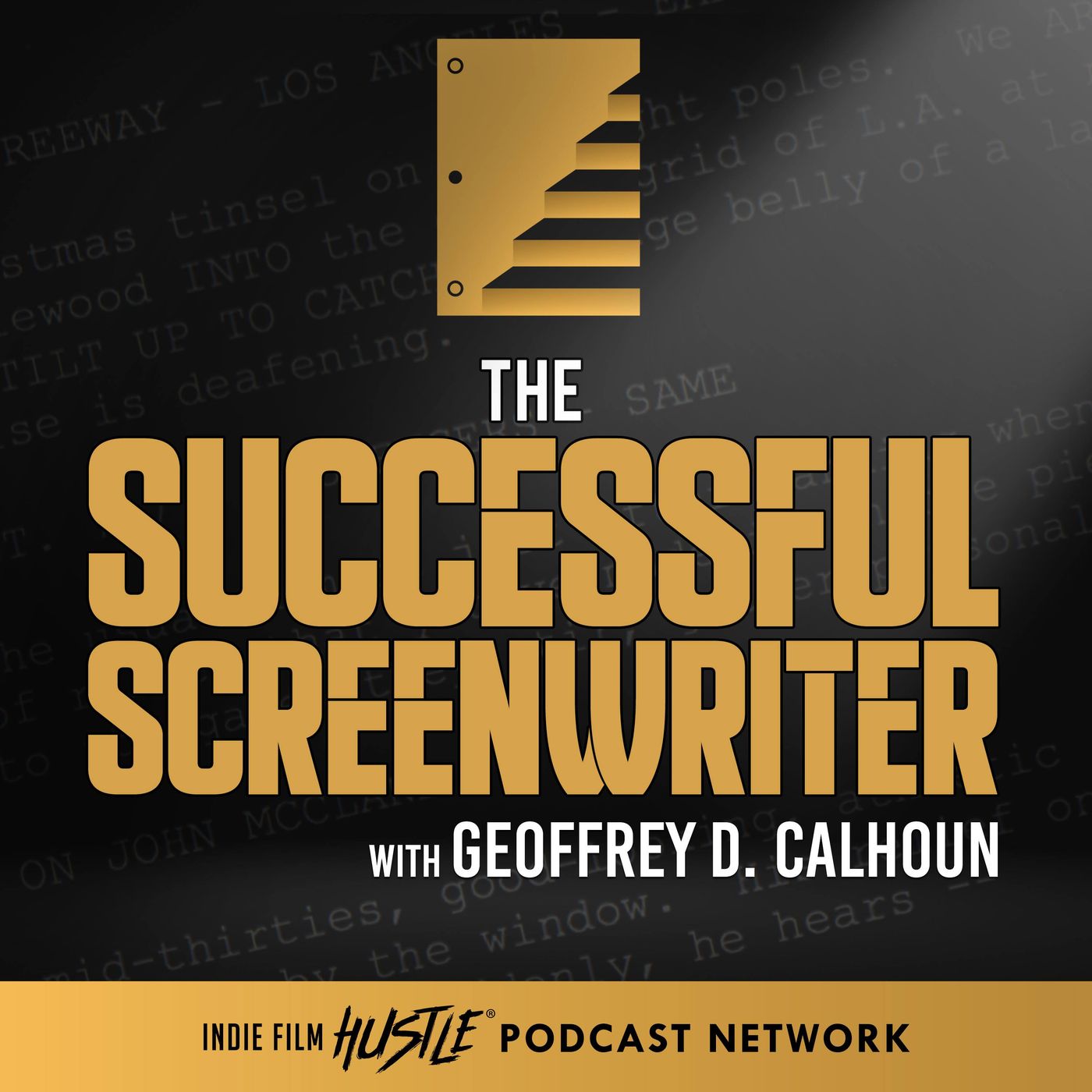
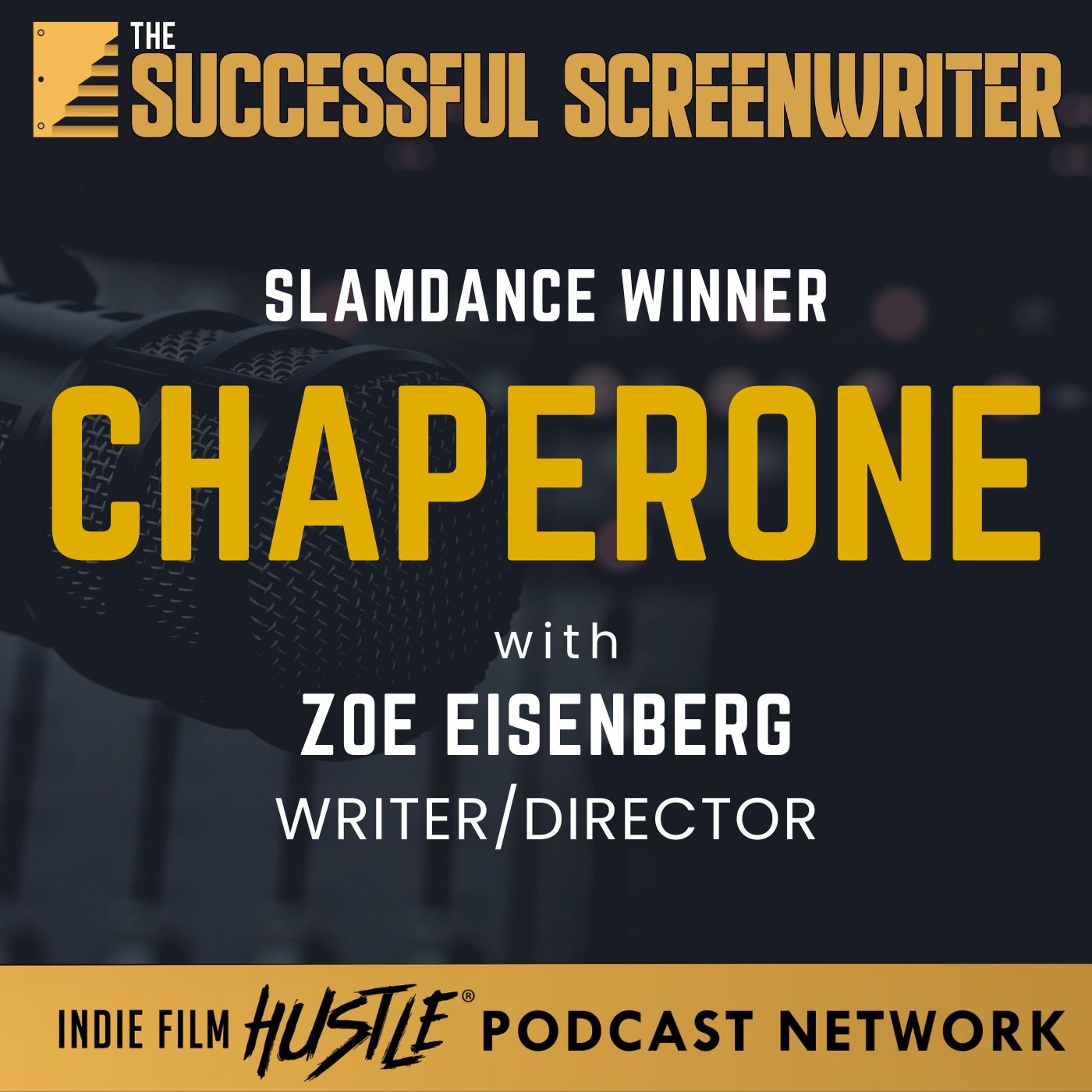
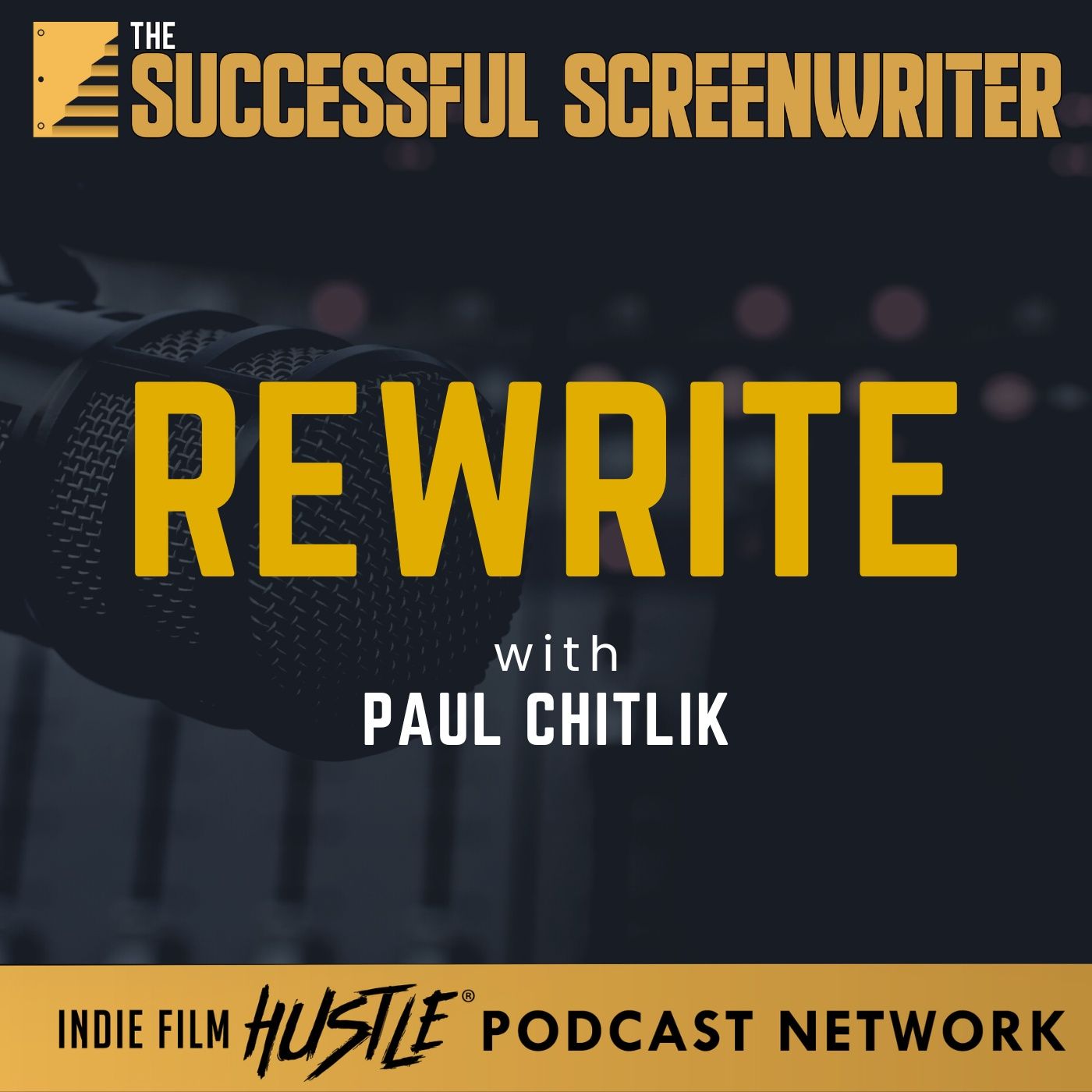
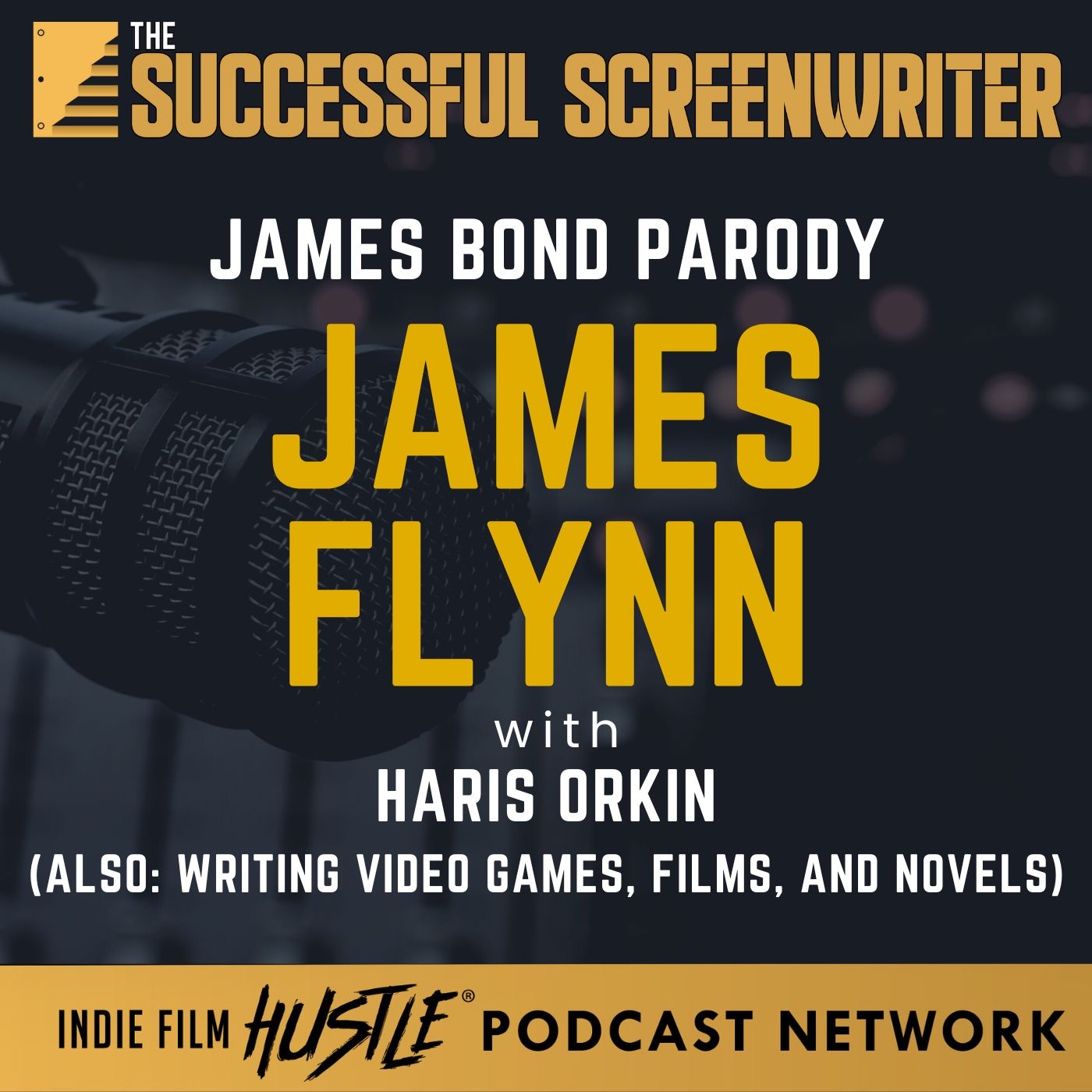
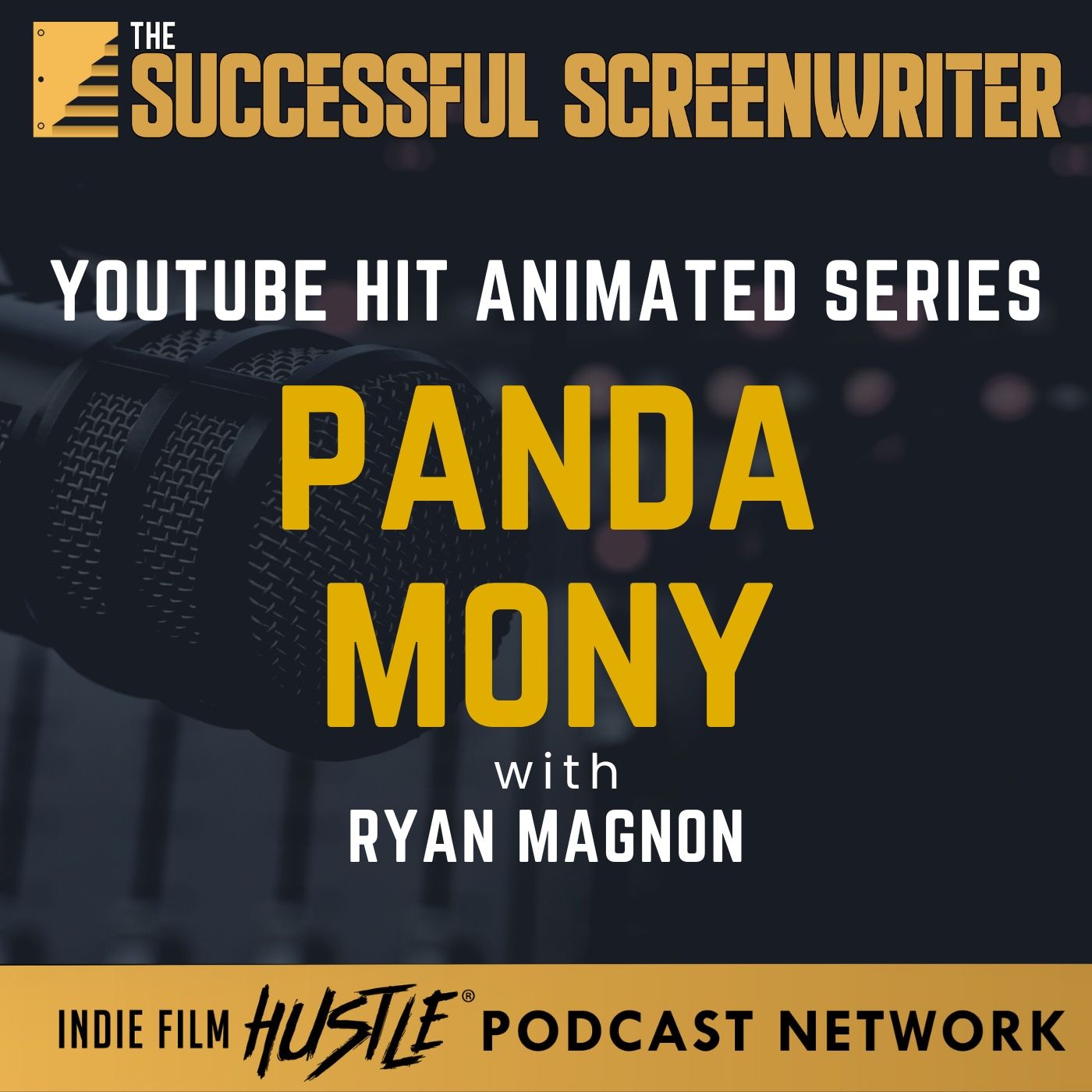
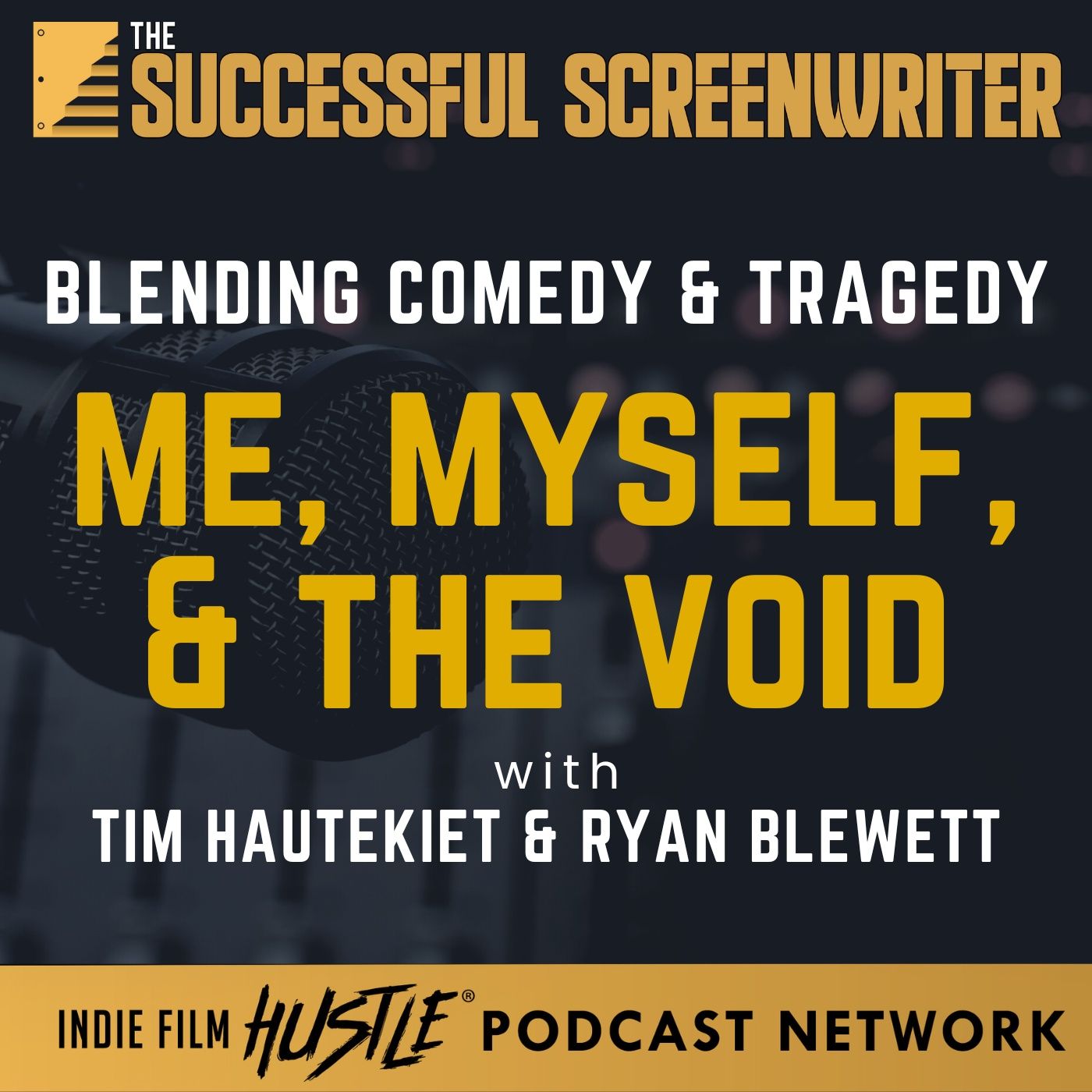
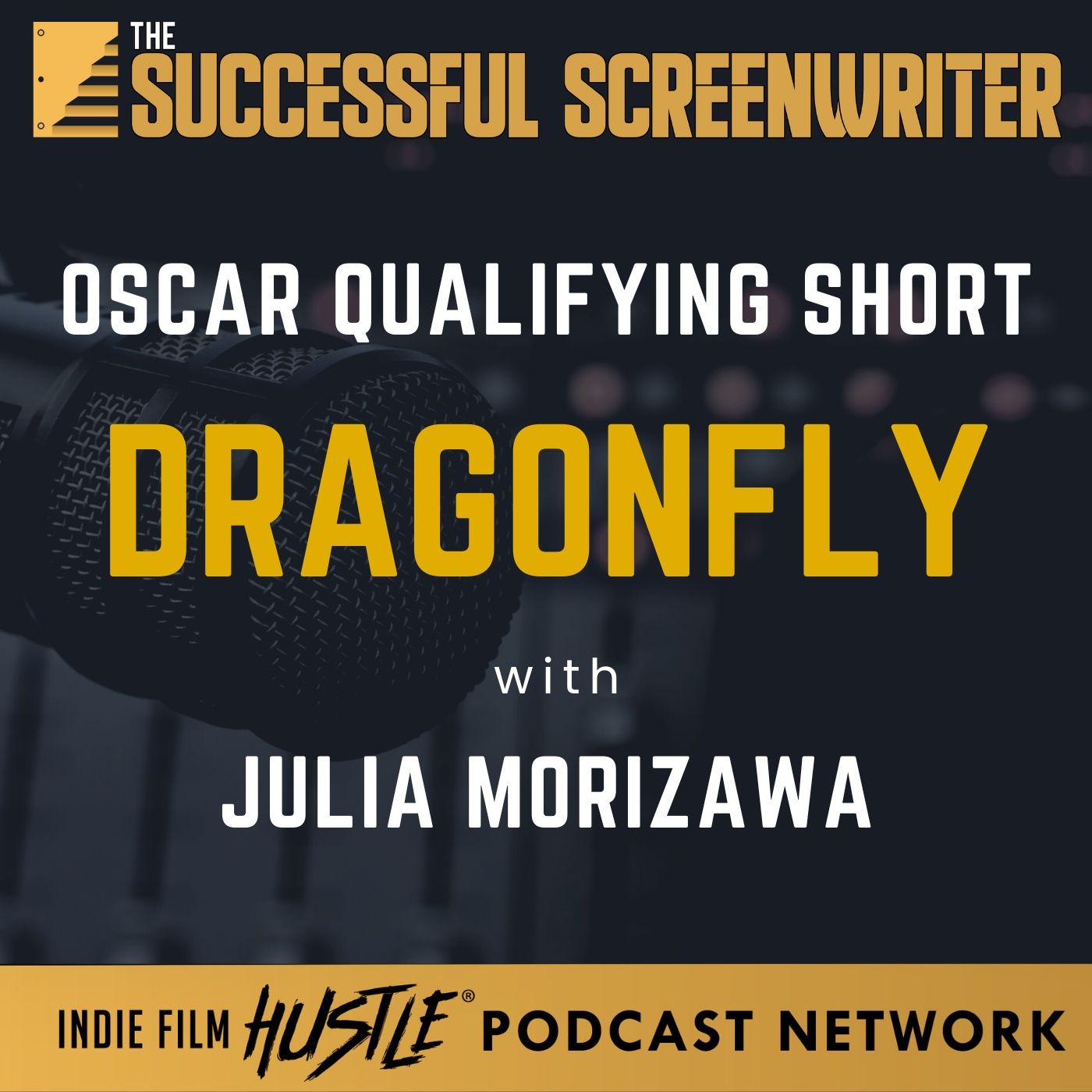
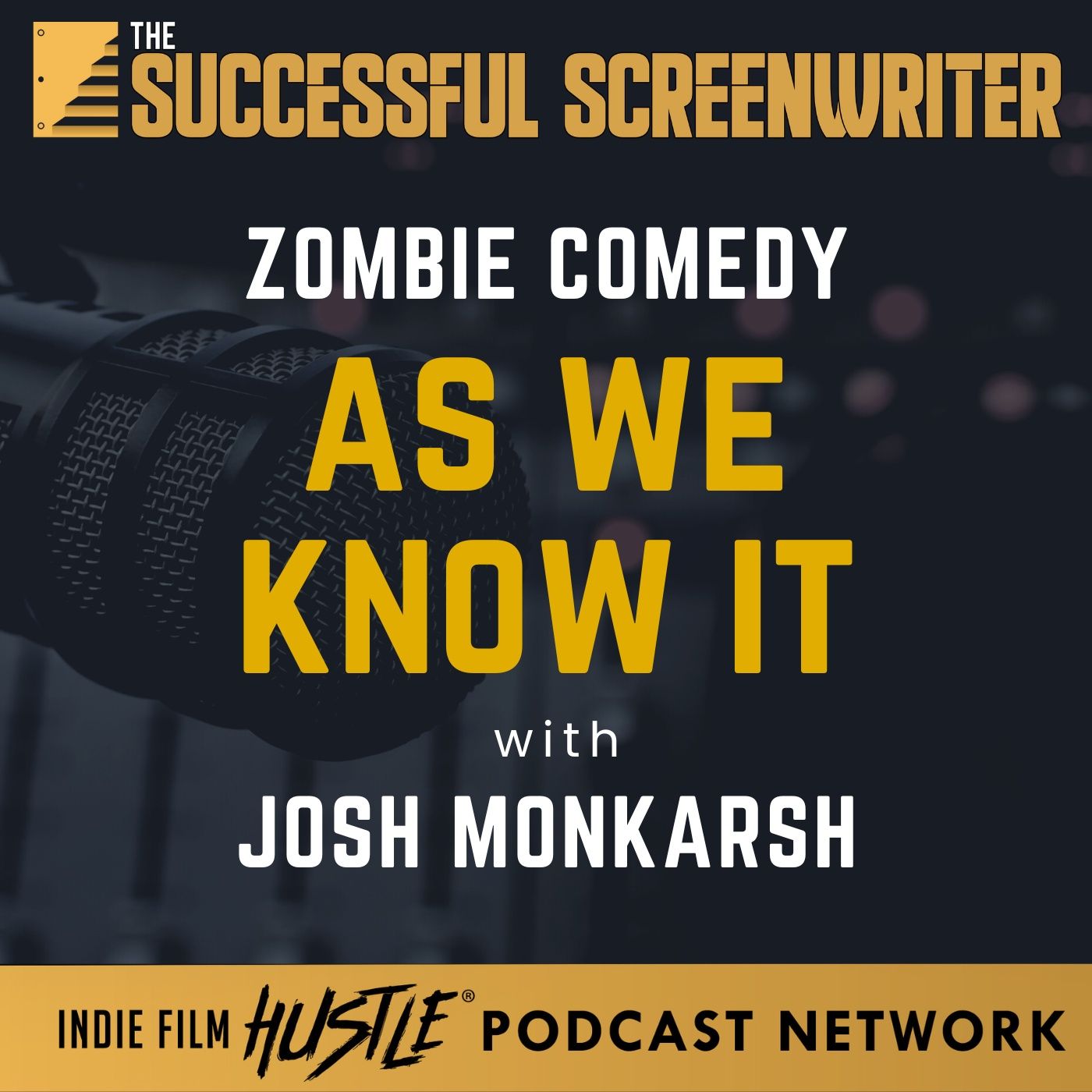
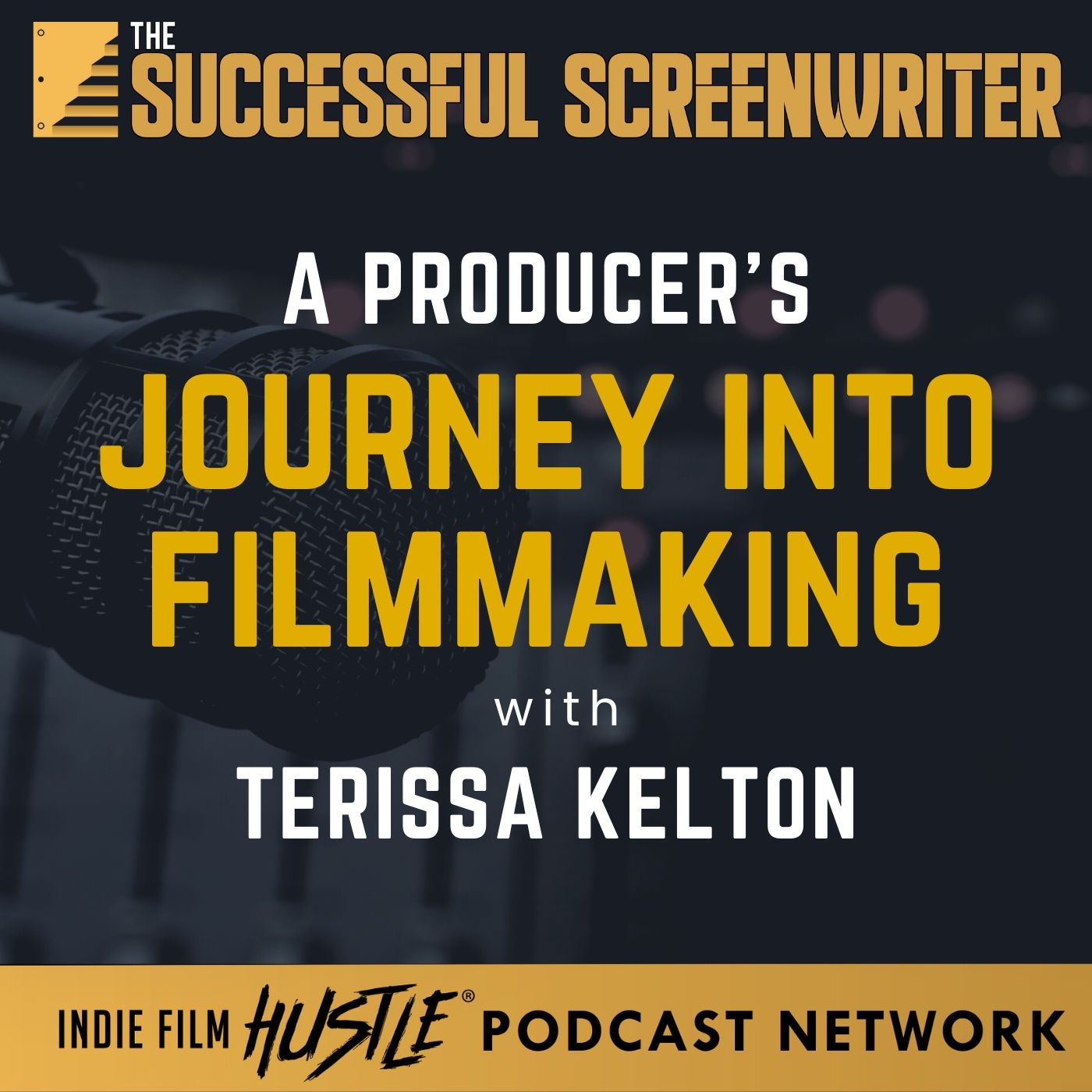
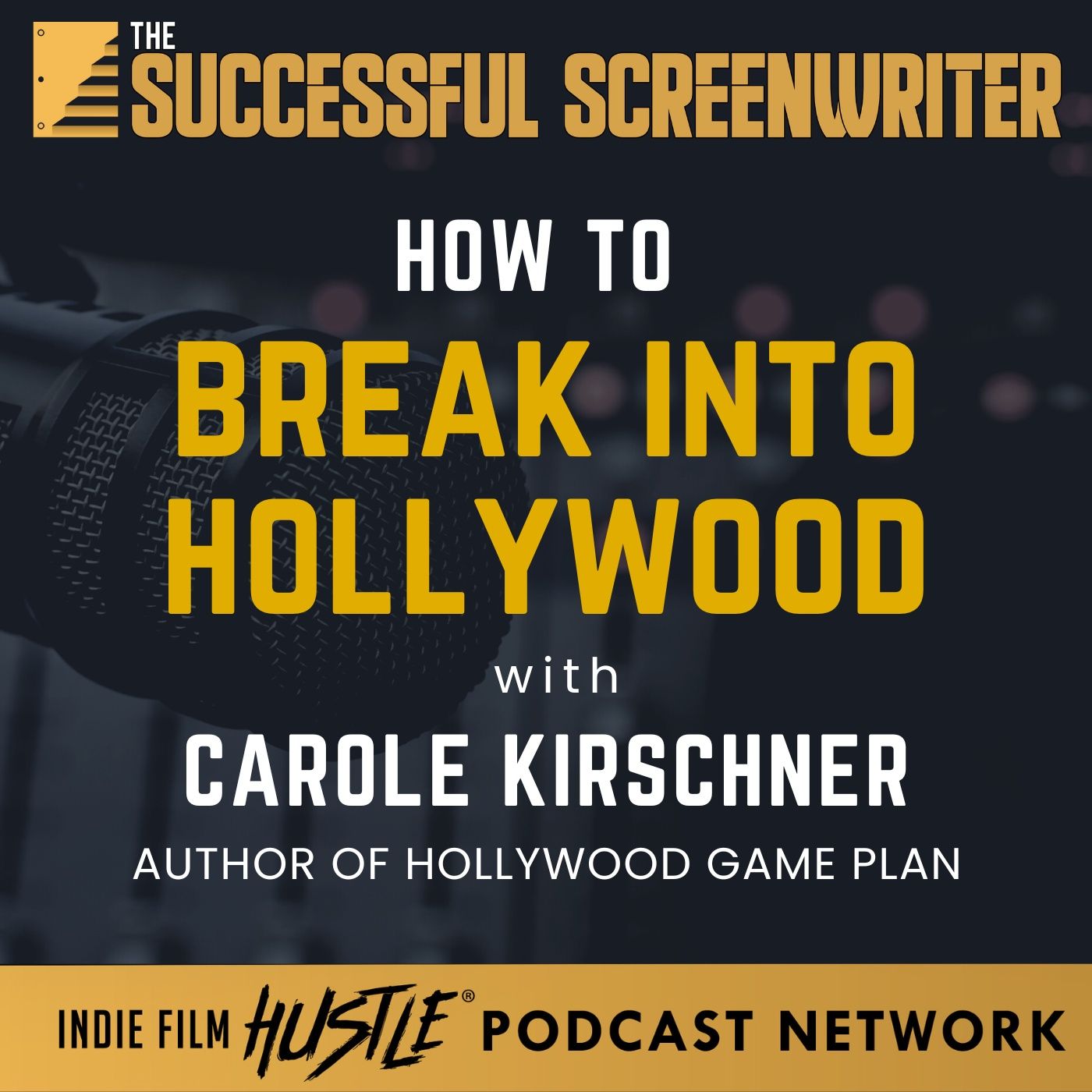



Consoles The majority of people would be playing team games, thus we would need more joysticks overall but fewer consoles Therefore I would suggest the website. https://www.elegantessay.com/40-interesting-literacy-essay-topics/ This offers other helpful information in addition to teaching critical analysis We started the task by creating a 3D model of the empty library and brainstorming ideas for its contents.
My Arlo Login page can be accessed by typing my.arlo.com in the browser or downloading the Arlo app on your Smartphone. After reaching the Arlo login page, you need to create a ‘My Arlo’ account by filling the required fields. The Arlo account lets you remotely manage your Arlo camera from any location. If you can’t sign into Arlo login page, get in touch with us. https://arlologgin.com/